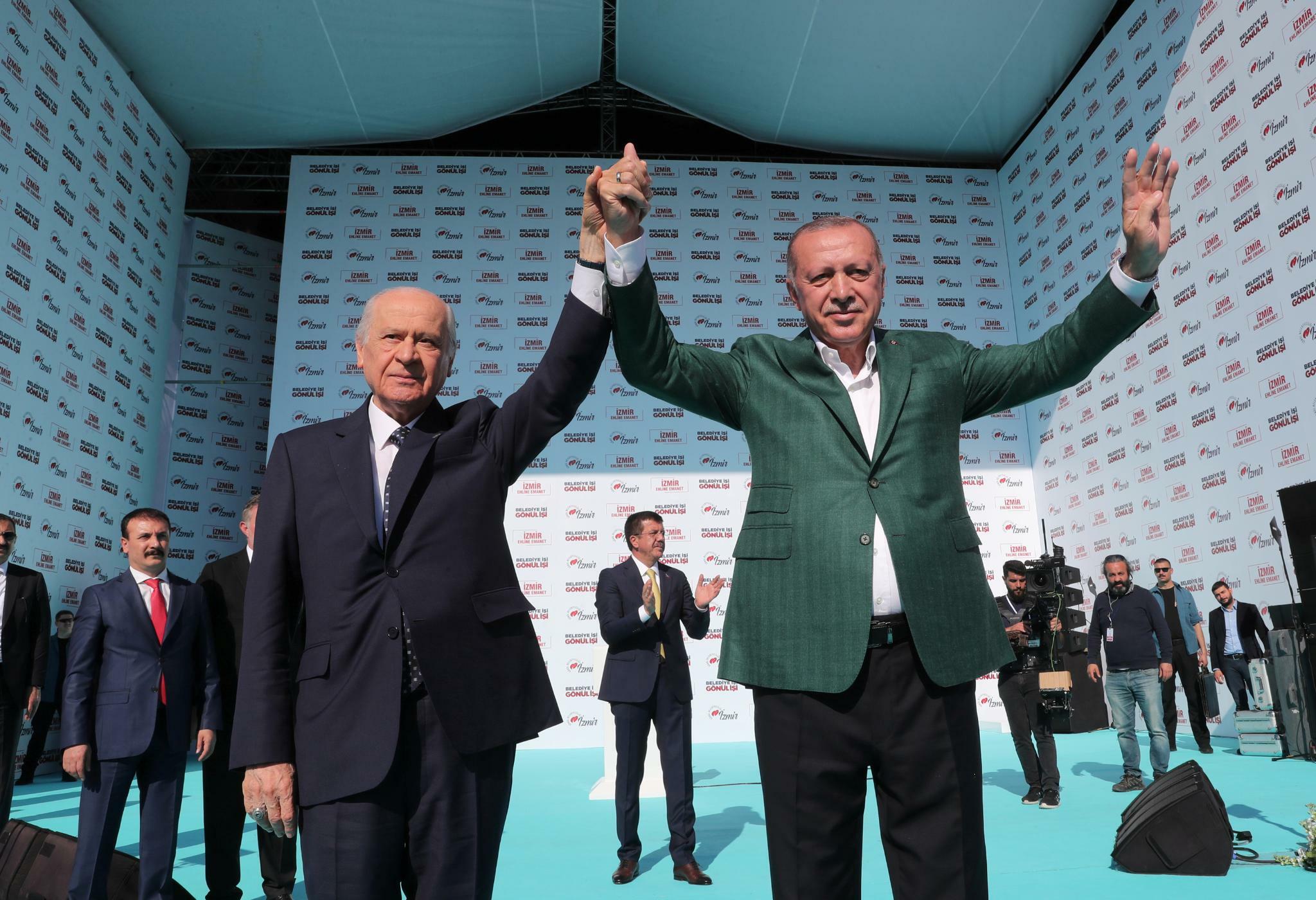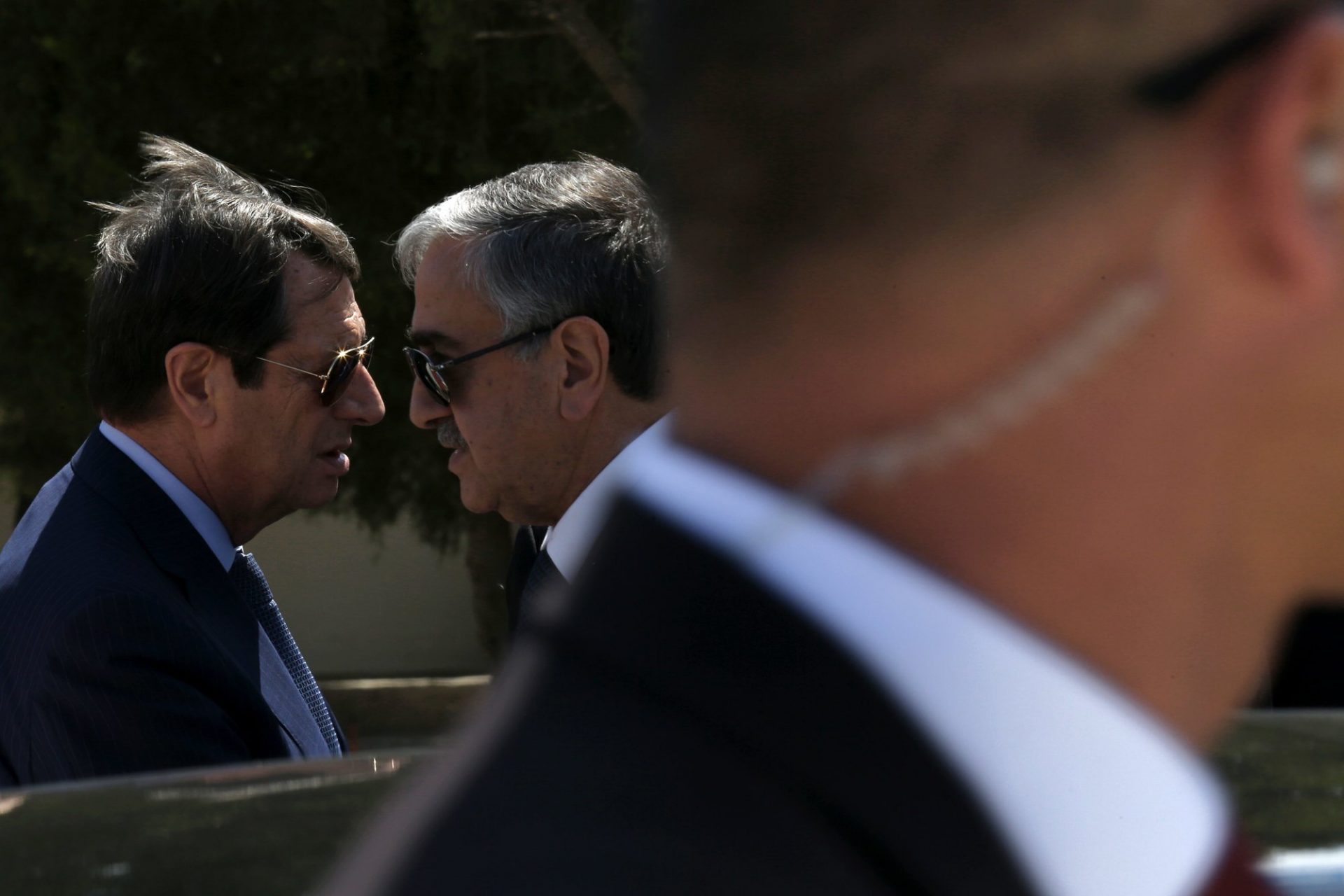
Turkey is in a continuous election race as the local elections to be held on 31 March will be the 6th elections in the last five years. Besides the ongoing electoral tension, the country has also been in an extraordinary period since the summer 2016, when a military coup attempt, post-coup crackdown, and a dramatic change in government system occurred.
Even though the two-year-long state of emergency was lifted on 18 July 2018, Turkish politics is still far away from democratic standards. Quite the contrary, the regime has displayed a tendency toward full authoritarianism since the 2017 constitutional referendum[1], which transformed the country from a parliamentary democracy into a presidential system. Turkey continues to be not free due to low freedom ratings, weakened political rights and limited civil liberties[2]. Electoral process remains to be deeply uneven due to media bias in favor of People’s Alliance, a nationalist, conservative and populist electoral alliance under the leadership of President Erdogan, and attacks aimed at opposition groups.
Click Here to Read the Entire Commentary
[1] https://www.cambridge.org/core/journals/new-perspectives-on-turkey/article/toward-a-new-political-regime-in-turkey-from-competitive-toward-full-authoritarianism/76DDFD46CFDD20B15E2908A9BECBEAEC
[2] https://freedomhouse.org/report/freedom-world/2019/turkey



